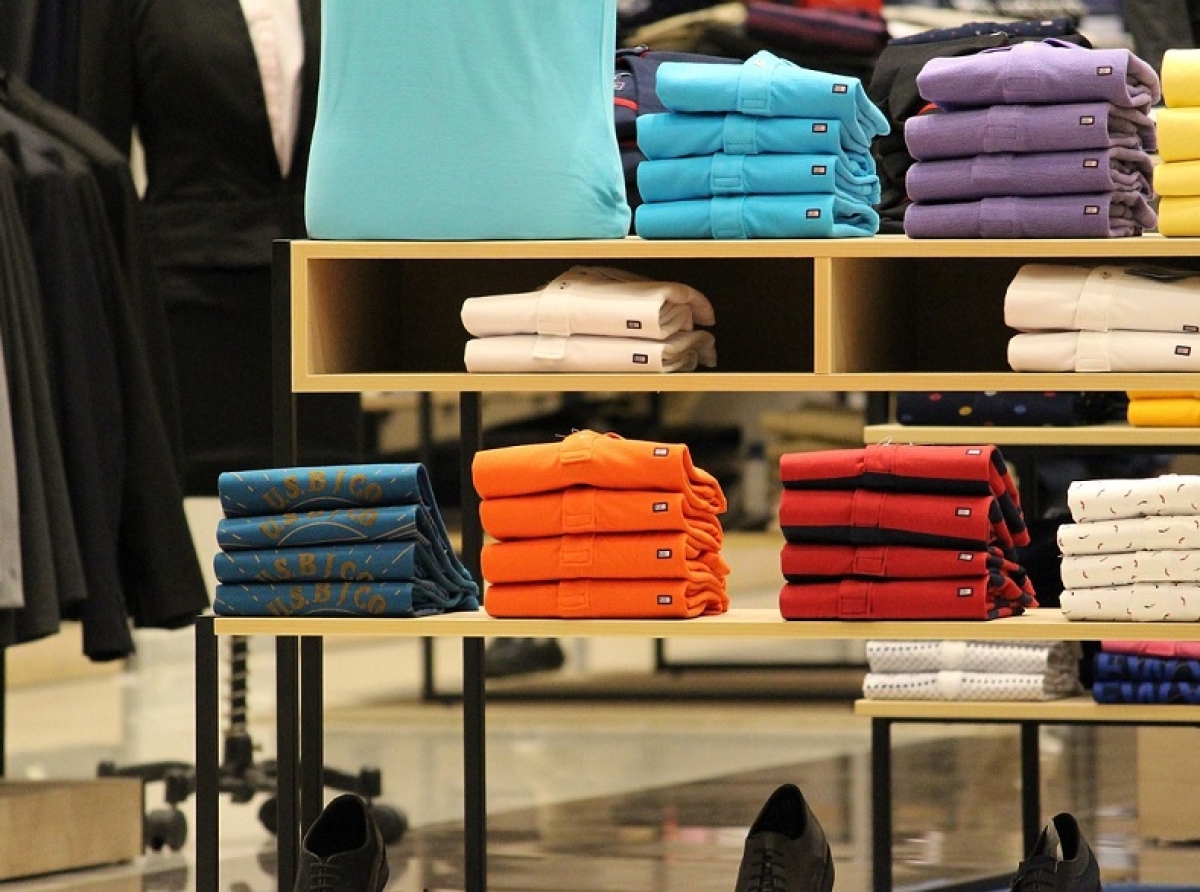Semi-formal corporate apparels is now all-week Friday dressing

It’s a ‘Thank God It’s Friday’ dressing every day after the two Covid years with the return of semi-casual apparels taking precedence in corporate dress codes over all other categories for both men and women. As the meeting point between athleisure clothing of lockdown years and formal wear as people returned to office, the semi-casual wear segment is now extremely popular with customers preferring to buy clothes with the versatility of being worn to office and outside.
Sales figures show the change
Most brands are seeing sales of their denim, chinos, polos, and casual shirts portfolios growing at a faster rate than formal shirts for men, while sneakers are growing much faster than formal leather shoes in basic colors. The semi-casual and smart casual garment range and accessories such as sneakers and no-see socks are growing rapidly at a high double-digit pace, compared to overall apparel or footwear segment growth figures which are far slower, due to inflationary pressures. For women, mid-length skirts and dresses, khaki pants or slacks combined with a polo shirt, sweater, or blouse along with fusion ethnic wear like kurtas and kurtis with different kinds of bottom wear and sarees with modern blouses, casually accessorized, is the order of the day. In many corporate offices like the financial and IT sectors and start-ups, formal wear doesn’t exist unless there is an office function or a business meeting.
Brands focus on semi-formals
Many mid-segment and premium brands are now cashing in on this lucrative segment with their own portfolio. Lacoste India is innovating in solid plain polos with newer colors, plain denim, and sneakers that can be even worn with a suit, as their primary growth drivers. Leading departmental store chain Shoppers Stop has shown an overall sales growth of 4 per cent only, while its smart casual private label Fratini grew 39 per cent in the April-June quarter of 2023. The company plans to bring out a new range of ‘around modern workwear’ apparels just ahead of the upcoming festive season where general demand will make a sharp comeback.
Leading French menswear brand Celio, has completely stayed away from corporate power dressing this season while working on fabrics and styling in knit and Tencel shirts combined with cotton which is comfortable and durable in the semi-formal segment. New fits are helping it change the wardrobe from skinny to more relaxed fits and Celio’s pure linen tees made from the most natural and sustainable fabric and smart 24-hour pants are helping rev up demand. Peter England and other formal wear brands of the Aditya Birla Fashion and Retail group are also adjusting their men’s and women’s portfolio with a contemporary take on formals that are more appealing to the younger and modern consumer.
Smart-casual suits with a modern twist are trending
Premium global brands such as Marks & Spencer are now showcasing smart-casual suits which combine soft shoulders on a blazer and trousers that are closer to sweatpants. Others like Hugo Boss, have collaborated with the Russell Athletic brand to produce suits in jersey fabric, some of which even had long shorts in place of trousers.
The pandemic was a catalyst in menswear that was already moving to casual wear and a flexible dress code in corporate wear for both men and women. Sales of suits globally were down 7 per cent year-on-year and even the banking sector was loosening up and the two lockdown years only increased the pace. Traditionally, most men had an office wardrobe of suits and smart shirts and black and brown formal shoes but now these are all formal occasion wear. People are now keen to socialize and connect after work and do not want to spend separately on formal wear rather on a more casual, semi-casual, and semi-formal apparel category, and this versatility will keep this segment up and running.
























